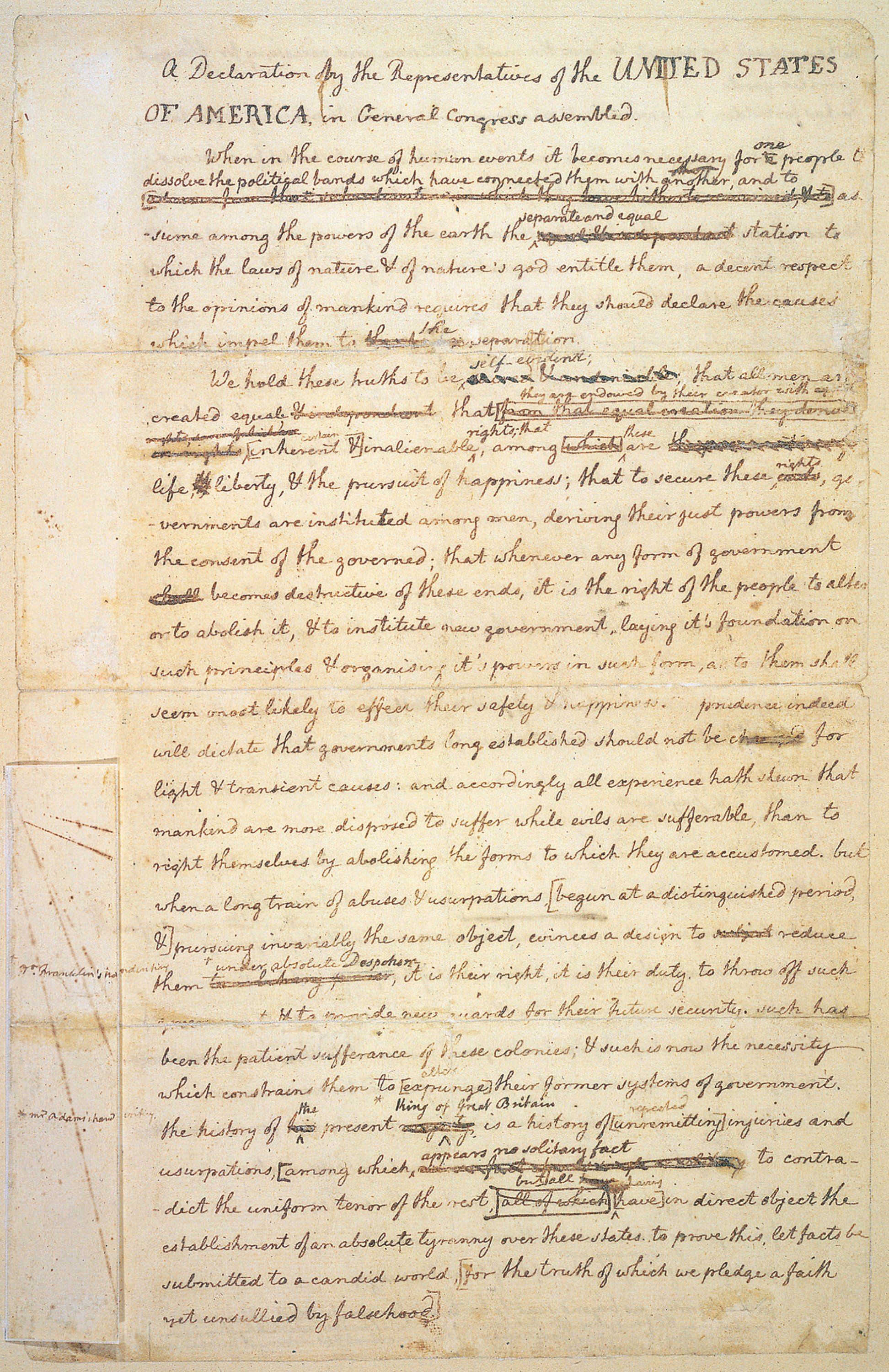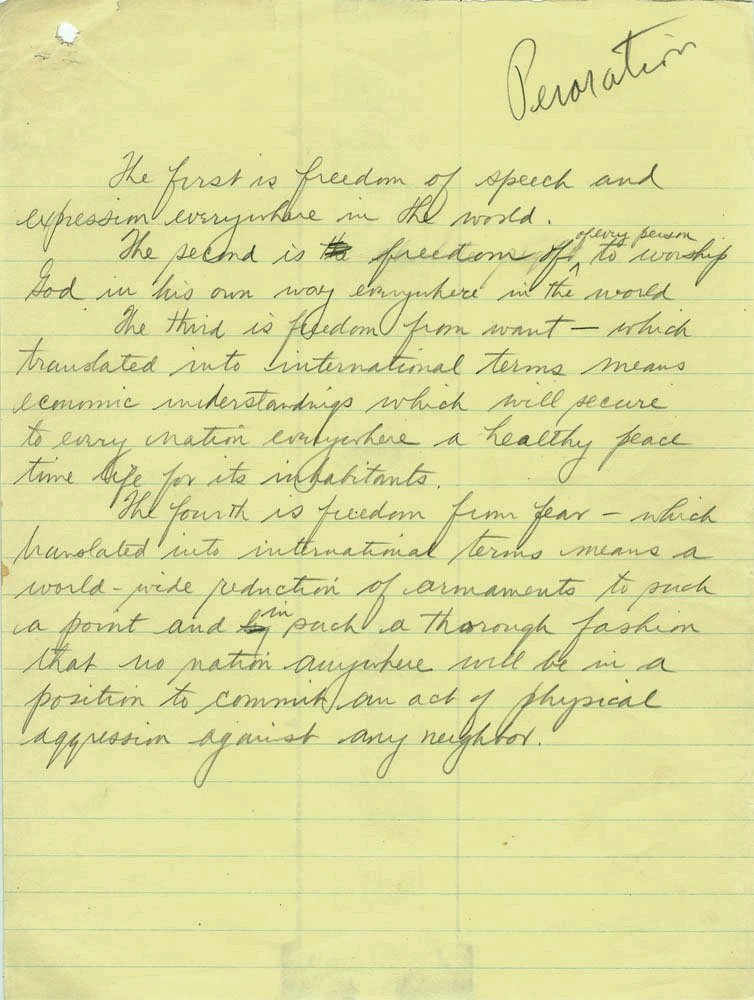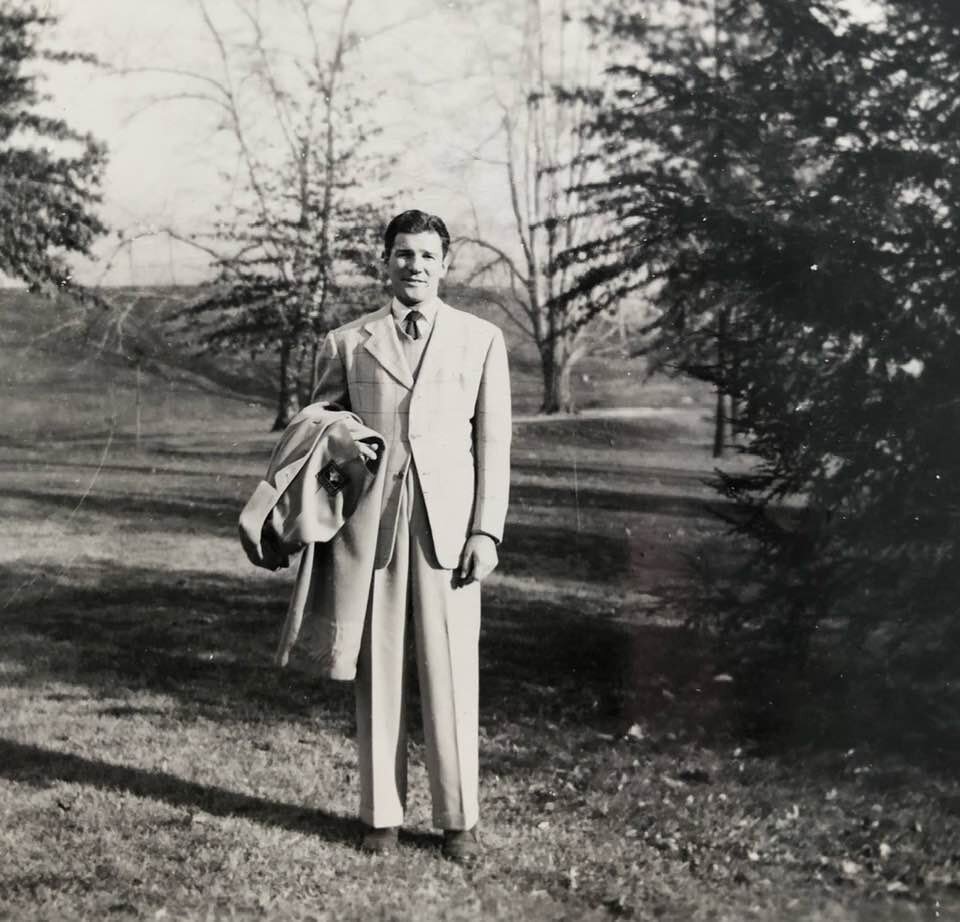#985: As Goes Florida, So Goes . . . ?
Mark Twain, that most revered and authentic of all American writers, had the ability to cloak profundity in the garment of wit, better than anyone who ever took pen to paper. And, like all true geniuses, he made it look oh so easy and utterly natural . . . like Ted Williams swinging a bat or Lord Olivier playing King Lear. Twain’s great gift was used to entertain, to make us laugh and above all, to make the reader pause and think. Yes, some of his chapters and paragraphs are, by today’s political standards, decidedly “un-PC.” But this should by no means keep anyone from drinking deeply from the well of his artistry. The man really, truly, understood the human condition with all of its wens and warts.
My five all-time favorite Twain aphorisms are:
The two most important days of your life are the day you are born and the day you find out why.
Life is short. Break the rules. Forgive quickly. Kiss slowly. Love Truly. Laugh uncontrollably. Never regret anything that makes you smile.
A man who carries a cat by the tail learns something he can learn no other way.
The man who does not read has no advantage over the man who cannot read. And, to my way of thinking, the best of the bunch:
Never argue with stupid people, they will drag you down to their level and beat you with experience.
I can hear you asking “What in the world do the best of Mark Twain’s epigrams have to do with the title of this week’s blog As Goes Florida, So Goes . . .” As Grandpa Doc would say, “Vell . . . I’ll tell ‘ya.” (In truth, Doc didn’t have an accent; he occasionally would adopt one to make a point or begin a story). The story here is that I was doing my research for this week’s blog, which was meant to discuss some of the wackier, inane new laws passed by our overwhelmingly MAGA-supporting legislature and signed by Governor “Rhonda Santis.” In the midst of reading some of several of the most noxious bills, I found myself wanting to know if all this crappola was keeping people from moving to the Sunshine State. This query quickly expanded to the question of which states were gaining and which were losing, the greatest numbers of people over the past two years. Coming upon an article on the topic published in MarketWatch.com (a subsidiary of Dow Jones & Company, a property of News Corp, along with The Wall Street Journal and Barron's), I learned that the top 3 states losing people were:
California (A net migration of -407, 633)
New York ( −283,792) and
New Mexico ( -177,710), while the 3 biggest gainers were:
Florida ( +205,163)
Texas ( +144,032) and
North Carolina ( +99,406).
The rest of the states reporting net positive migration are, in order, Arizona, South Carolina, Alabama, Tennessee, Georgia, Nevada and Idaho. With the possible exceptions of Arizona, Georgia and Nevada, the rest of the positive-migration states are solidly, irredeemably, hardcore MAGA in their politics and legislatures. (I for one refuse to call it ‘the MAGA wing’ of the Republican Party for I, unlike many, cannot find a solitary remnant of what used to be nicknamed the GOP . . . they are all MAGA). And, from where I sit, this bodes poorly for the future of politics in these United States. For MAGA-controlled legislatures, serving under MAGA-supporting governors, who appoint MAGA-istic Federalist Society judges, can jointly enact just about any measure they please coming out of the autocratic playbook coauthored by the likes of Donald Trump, Steve Bannon, Susie Wiles, and Stephen Miller.
Think I’m going a bit too far? Well, consider just a few of the things happening here in Florida, the state I have been hanging out in since July 6, 1982:
We have a state Surgeon General/Secretary of Health, Joseph Lapado, M.D., PhD., who is anti COVID and MMR (measles-mumps-rubella) vaccines - among other things - and has totally politicized medicine here in the Sunshine State. As someone who has been gainfully employed on two of the best Institutional Review Boards in America for nearly 30 years, and have reviewed hundreds upon hundreds of clinical trials in the fields of infectious diseases, oncology and epidemiology, I am simply amazed (and scared witless) at the man’s ability to place partisan politics way, way ahead of provable science and medicine. Whatever happened to “First, do no harm?”
Here in Florida, as of July, 2023, we have a gun law which allows Florida residents to carry concealed weapons without benefit of a license - let alone taking a single safety course - with impunity. This is perfectly in keeping with the MAGA reading of the Constitution’s 2nd Amendment; they firmly believe than any limitation on guns is unconstitutional.
Just this past week, the 63rd anniversary of the failed 1961 Bay of Pigs invasion, (a failed invasion of Cuba supported by the CIA) Gov. DeSantis signed a bill (SB 1264) requiring the teaching of “the dangers and evils of communism” in Florida public schools from grades 1-12. Coming on the heels of so many Republicans in both the House and Senate voting against sending aid to the Ukraine - which is fighting against the Communist expansion of Putin’s Russia - one wonders if DeSantis and his Florida colleagues are living back in the 1950s, when fighting Communism and individuals they deemed to be Communists - AKA “liberals” or “progressives” - was the sine qua non of “true" Americanism.
Less than 2 weeks ago, DeSantis signed a bill into law allowing “volunteer chaplains” to counsel students in traditional public and charter schools, despite warnings from a pastors group, the ACLU and the Satanic Temple that it would violate the First Amendment. In signing the bill, the governor said: “There are some students [who] need some soul prep, and that can make all the difference in the world. And so these chaplains … come in and provide services.” DeSantis said the law, set to go effect in July, would stand up to court challenges because the program was voluntary and parents would have to provide consent for their children to meet with the chaplains. “No one’s being forced to do anything, but to exclude religious groups from campus, that is discrimination,” he said. “You’re basically saying that God has no place. That’s wrong. That’s not what our Founding Fathers intended.” And this guy is a graduate of Yale and earned a law degree at Harvard! His “understanding” of the Founders and the Constitution’s 1st Amendment guarantees is steeped not in knowledge, but in partisan politics. (n.b.: The new law uses the title ‘chaplain’ but requires none of the specialized training that health care facilities, the military, and most prisons require of chaplains.)
Florida ranks second (behind Texas) in the greatest number of banned books. In the most recent ranking by World Population Review, the Sunshine State instituted bans on 565 books in 21 of the state’s school districts. Governor DeSantis is one of the main people leading the charge against called “critical race theory” (CRT). Many of the books that he and his acolytes have targeted have to do with issues related to race. It is important to note that critical race theory is not taught outside of upper-level college and law school classes.
Florida ranks just behind Michigan in the states with the highest annual premiums for auto insurance; it is the 4th highest in the cost of homeowner’s insurance (if you can find it), and 4th most expensive for annual healthcare coverage.
And to add injury to insult, in less than 48 hours, Florida’s new 6-week abortion ban will go into effect. This past April 1, the Florida Supreme Court ruled that the state Constitution's privacy protections do not extend to abortion, overturning decades of legal precedent and effectively triggering the more restrictive law. On November 5, 2024, Florida voters will vote on a citizen-initiated Constitutional Amendment (#4) which will legalize abortion. Its text states, in part: “The initiative would provide a constitutional right to abortion before fetal viability (estimated to be around 24 weeks) or when necessary to protect the patient's health, as determined by the patient's healthcare provider.” The fact that proactive citizens managed to collect more than 1 million signatures to place this measure on the November ballot is the good news. The not-so-good news? It will take a supermajority for it to pass, and there is already a measure on the November ballot that would increase the supermajority voter approval requirement for constitutional amendments from 60% to 66.67%.
So, keeping all the above in mind, why do so many people pick up and move to Florida? For the sunshine? Because it has no state income tax? Because the governor has his own militia? You tell me. If this is the future of even half of America, we are in dire straits. It used to be said, somewhat tongue-in-cheek that "As goes New Hampshire, so goes the rest of the nation.” What the surreality that is currently Florida portends for the rest of the nation is anyone’s guess.
Let us give the final word to Mark Twain (from his Autobiography, Vol. 1): “Look at the tyranny of party -- at what is called party allegiance, party loyalty -- a snare invented by designing men for selfish purposes -- and which turns voters into chattels, slaves, rabbits, and all the while their masters, and they themselves are shouting rubbish about liberty, independence, freedom of opinion, freedom of speech, honestly unconscious of the fantastic contradiction.”
Coyright©2024 Kurt Franklin Stone

































